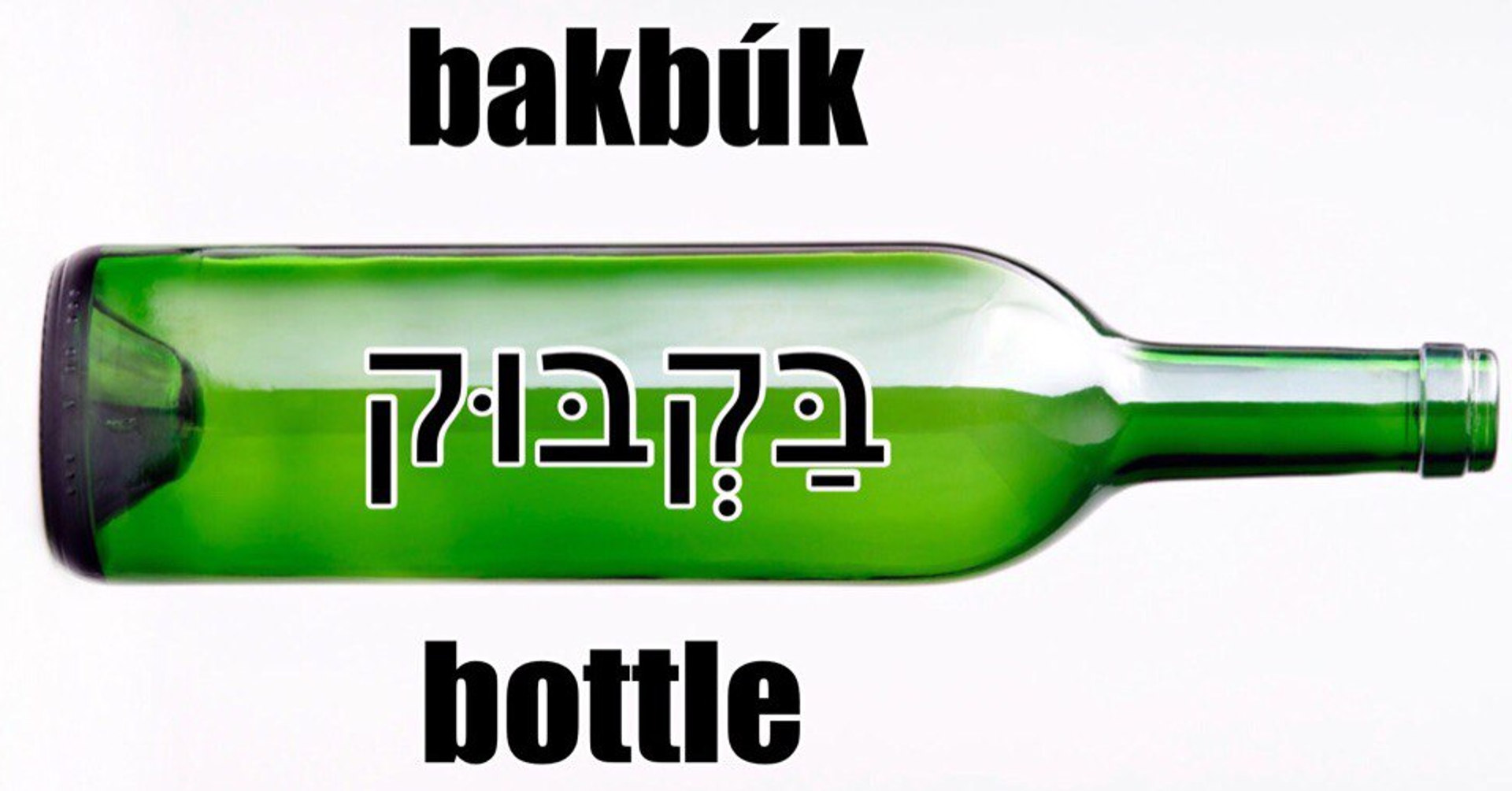
So the Levites were to carry out the responsibilities for the Tent of Meeting and the Holy Place, and, under their brothers the descendants of Aaron, the service of the house of YHWH. Whenever burnt offerings were presented to YHWH on the Sabbaths, New Moons, and appointed feasts, they were to serve regularly before YHWH in the numbers prescribed for them.

They (Levites) were also to stand every morning to give thanks and praise to YHWH, and likewise in the evening. And you shall anoint Aaron and his sons, and consecrate them, that they may minister as priests to Me.”Īaron and his sons were of the tribe of Levi, God’s chosen tribe to be priests to the Hebrew nation: You shall also consecrate them, that they may be most holy whatever touches them shall be holy. “And with it you shall anoint the tent of meeting and the ark of the testimony, and the table and all its utensils, and the lamp-stand and its utensils, and the altar of incense, and the altar of burnt offering and all its utensils, and the laver and its stand. It was the one place on earth where God and His people could physically connect. It was known, in Hebrew, as the ohel moed (tent of meeting). He connects with us, on our level, during these feast and festivals.īefore the Temple was built God’s people had the holy Tabernacle. These appointed times are holy, or set aside, because they are also times when God meets with us. Time of First fruits (Leviticus 23:9-11). Time of Unleavened bread (Leviticus 23:6-8).

These are the appointed times of YHWH which you shall proclaim as holy convocations, to present offerings by fire to YHWH– burnt offerings and grain offerings, sacrifices and drink offerings, each day’s matter on its own day.Īccording to Leviticus 23 there are seven moedim or times appointed by YHWH: Moed, instead, reflects the times that God has specifically appointed to honour and remember moments in history when God rescued his people. Although the term feast (of unleavened bread, for example) reflects the moed, truth be told there is another word entirely for feast or festival. This word moed has often been translated as festival or feast, which is not quite accurate. Moed: appointed times, meeting, feast, festival (Strong’s 4150)


 0 kommentar(er)
0 kommentar(er)
